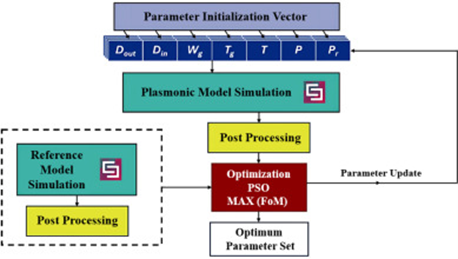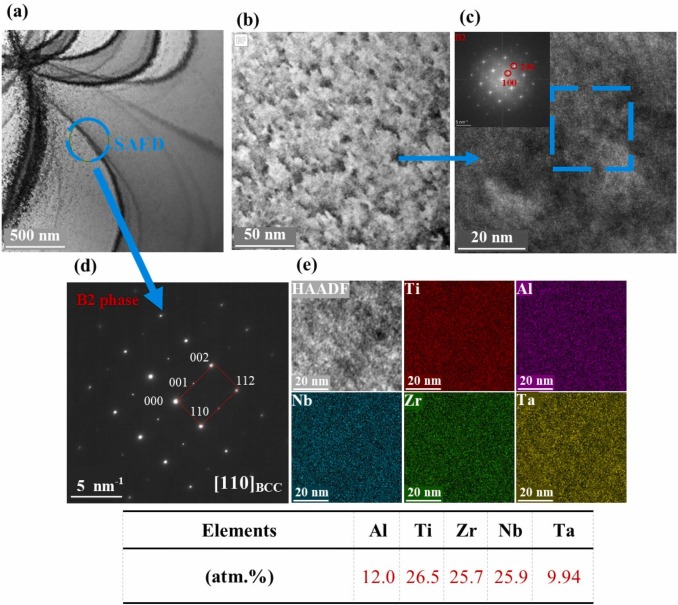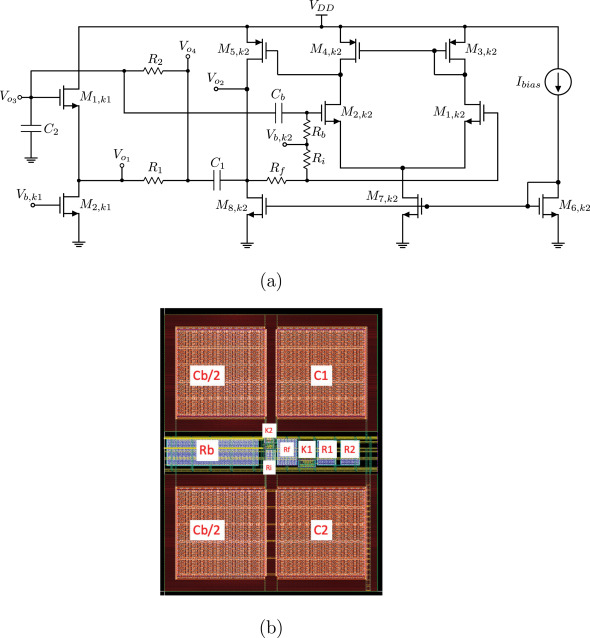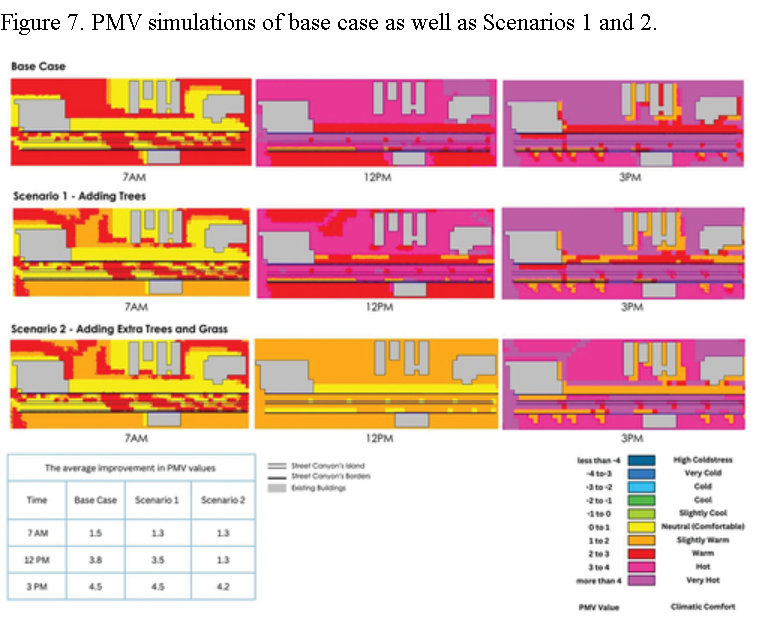
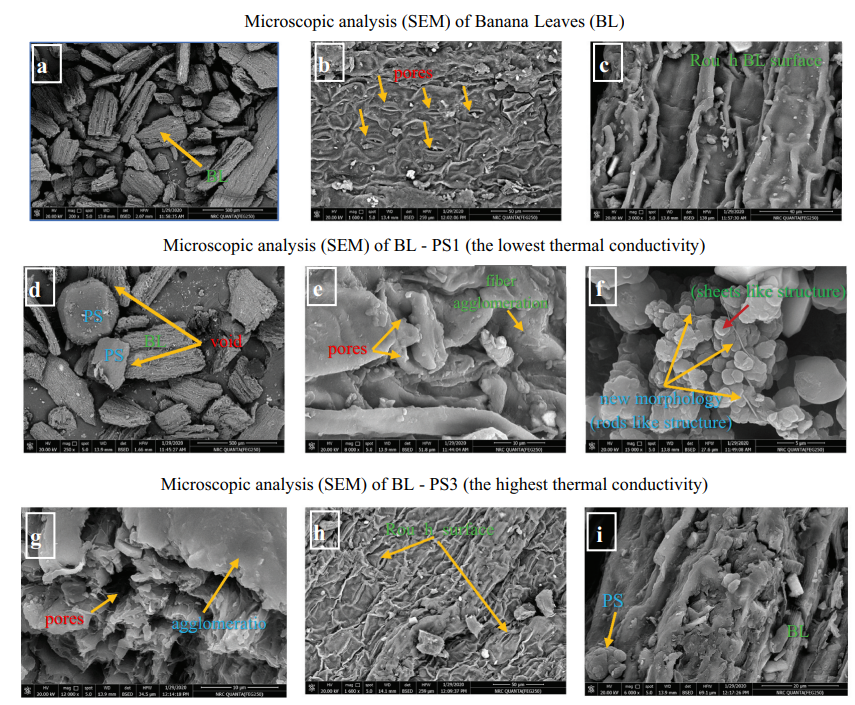
Bio-composite Thermal Insulation Materials Based on Banana Leaves Fibers and Polystyrene: Physical and Thermal Performance
Thermal insulators have a crucial role in reducing the operational building energy. They are commonly fabricated from petrochemical materials that mostly cause negative environmental impacts. This study aims to develop banana leaves-polystyrene composites (BL-PS) as a sustainable and low-cost thermal insulator. The BL powder was mixed with PS in different weight ratios (90:10, 80:20, 70:30, and 60:40). Thermal conductivity, electrical conductivity, SEM, XRD, FTIR, TGA, and DSC were carried out on BL and BL-PS composites that were prepared with 10 wt.% of PS powder (BL-PS1) and 30 wt.% of PS powder (BL-PS3). The prepared composites show low thermal conductivity, ranged from 0.0183 to 0.03168 W/m.K. The least thermal conductivity 0.0183 W/m.K was recorded for the BL-PS1 with high crystallinity and thermal stability. The present findings may support the validity of using banana leaves composite to produce an eco-friendly inexpensive thermal insulating material. © 2021 Taylor & Francis.
